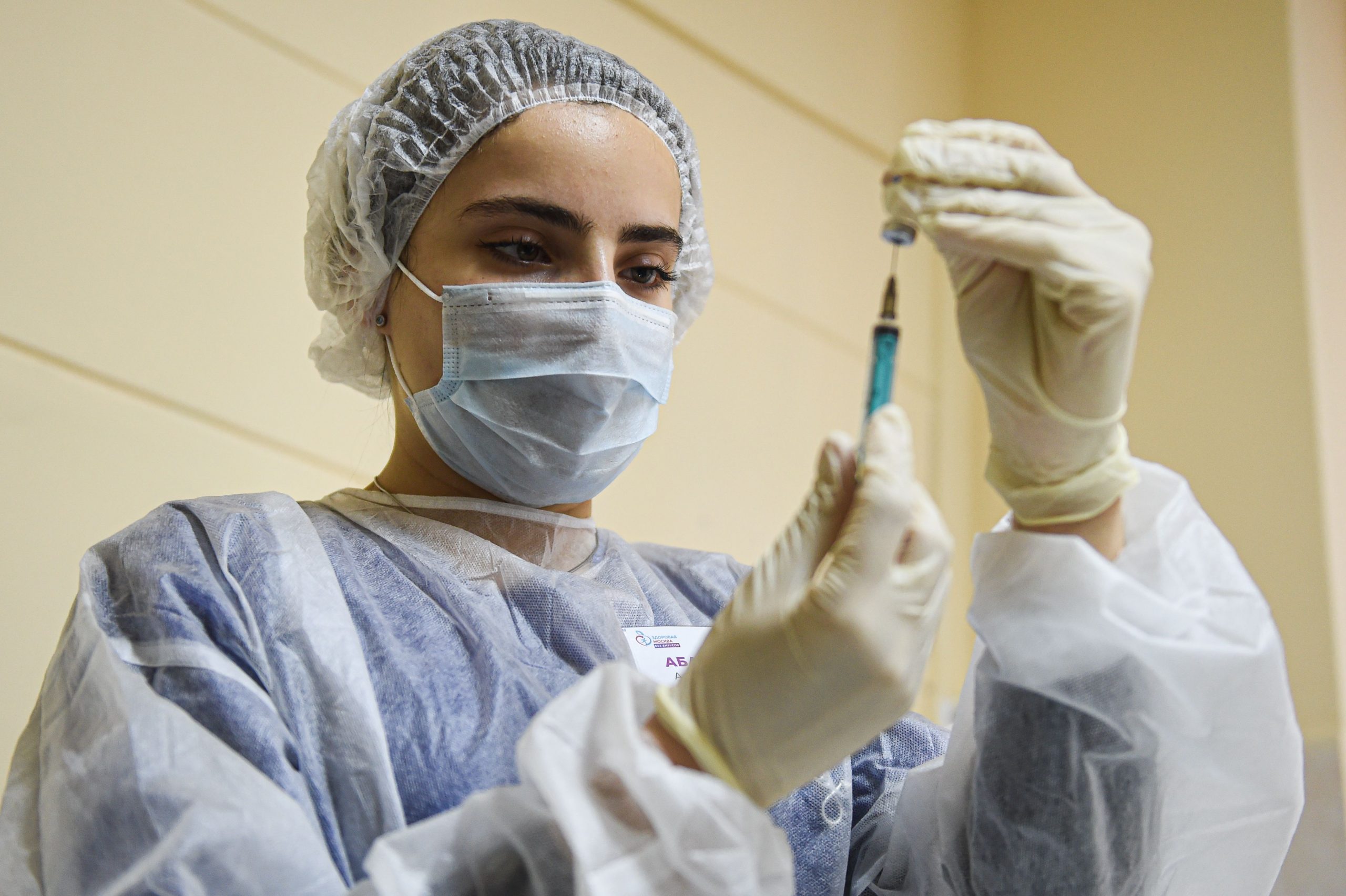The first set of Coronavirus vaccinations took place in UK this week, after Britain became the first country in the world to approve the new Pfizer/BioNTech vaccine.
You would imagine that people would find the news an encouraging step in the right direction. But this isn’t necessarily the case for everyone.
A poll of 70,000 people, undertaken by the University college London in September, showed that only 49 per cent of people asked said they were likely to get the vaccine when it became available, with 10 per cent suggesting it was ‘unlikely’ that they would get vaccinated.
There have also been groups set up suggesting they’ll reject any sort of coronavirus vaccine. NHS Workers for Choice, No Restrictions for Declining a Vaccine now has more than 300 NHS workers on their Facebook page, comparing the new Pfizer vaccine to poison, according to the Daily Mail. Health Secretary Matt Hancock described the views as “entirely inappropriate” and said the UK has some of the most stringent vaccine safety requirements in the world.
The fact that many people seem to be opposed to the vaccine is concerning, considering over 60,000 people have died with the virus and the country has already been put into two lockdowns in order to limit its spread.
Professor Mark Felder, Professor of Medical Microbiology at Kingston University, suggests that people shouldn’t have reservations about being vaccinated.
He said: “There will always be some people who are concerned about the roll-out of new medications but I don’t believe there is any reason to be hesitant about taking these vaccines, which have been fully tested in a range of groups and shown to be safe and effective.”
“These vaccines haven’t been rushed through and there have been no shortcuts taken on safety with their development. If people are concerned about the speed in which these have been brought to market, it’s important to understand the reasons this has been possible.”
Felder suggests that vaccines offer a route through which the country will be able to get back to normal, after an extremely turbulent period.
He said: “Vaccines are a way of getting us out of the pandemic, protecting the wider public and ourselves individually against this virus, regardless of age, ethnic group or health.
“It’s also really important that even those who have had Covid-19 still get the vaccine. We know those who have recovered from the virus have a pretty good natural immunity but we don’t know how long that lasts. The best estimates are that it lasts three to six months.
“What we do know about the immunity provided by the vaccines is that it is thought to last a bit longer, probably as a result of the way the viral components are presented to the immune system.”
800,000 doses of the vaccine have already been delivered to to Croydon University hospital in London, where vaccinations have begun.
Felder credits Kingston University for taking all precautions necessary during the pandemic. Last week the university started providing free Covid-19 tests for students who are asymptomatic.
He suggests that regardless of the vaccine, students should continue to follow the guidelines in order to avoid catching or spreading the virus.
He said: “To ensure that risk is minimised it’s really important that students and everyone else in educational settings continue to follow all the safety advice being issued to the public – washing their hands regularly, wearing a face covering when in campus buildings and in other required environments, and keeping at least one metre apart, two where possible.”
“If they do develop symptoms – no matter how minor – it’s crucial they book a test through the NHS and follow all the self-isolation guidance.”
As the festive season approaches, many students are returning home to see their families. This obviously means that they’ll be travelling to areas with different rules and restrictions. Despite the fact that Christmas is a time of celebration and being together, Felder says it’s important to remember that the virus is still active.
He said: “For those going home for Christmas, it’s really important to stay vigilant over the festive period to minimise the risk of spreading or picking up the virus as much as possible. While there is going to be a short period of relaxation around restrictions, the virus isn’t going to take a holiday. One way to think about it is that human contact is the oxygen the virus needs, therefore we need to reduce that oxygen by reducing human contact as much as possible.”

